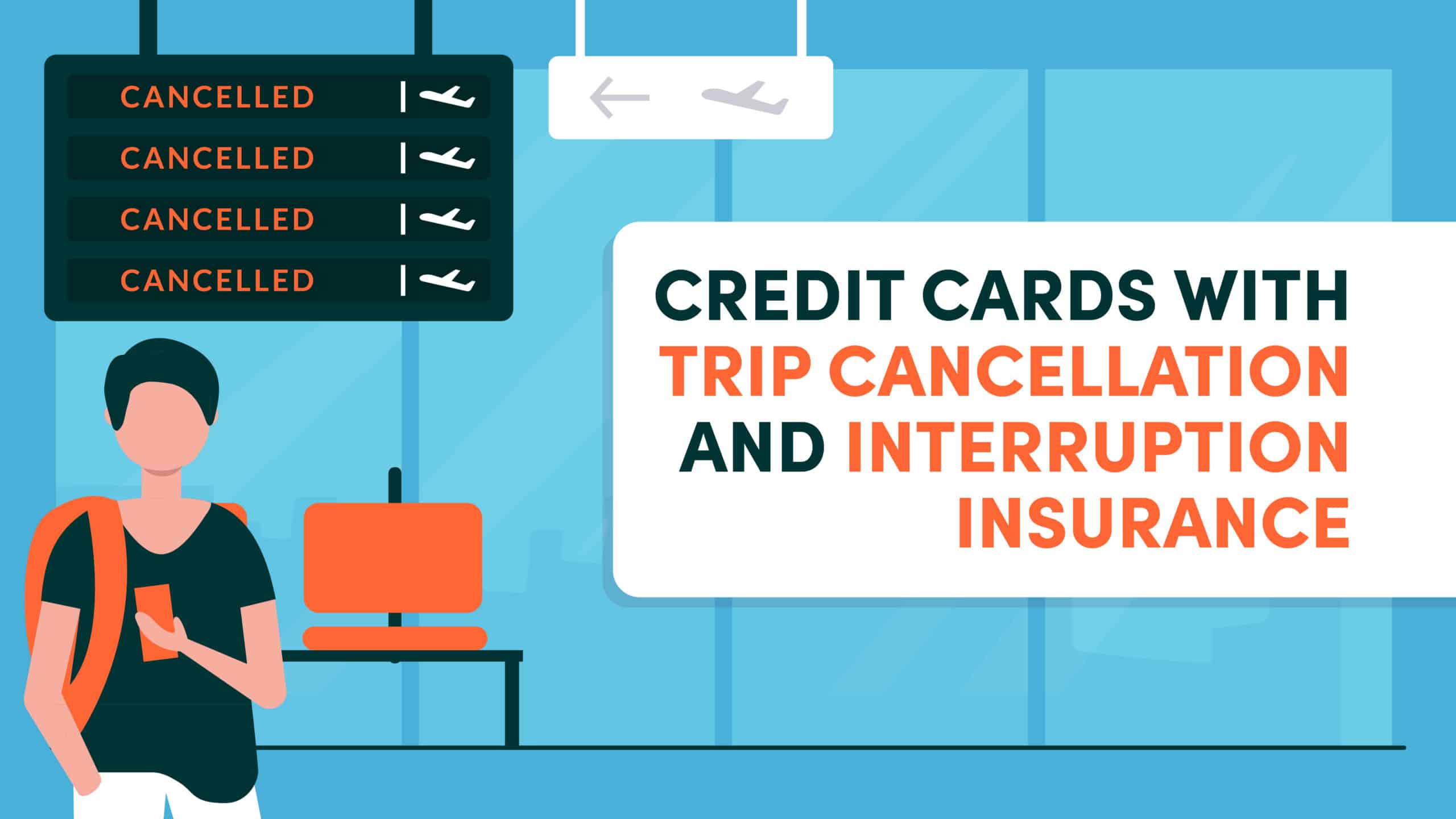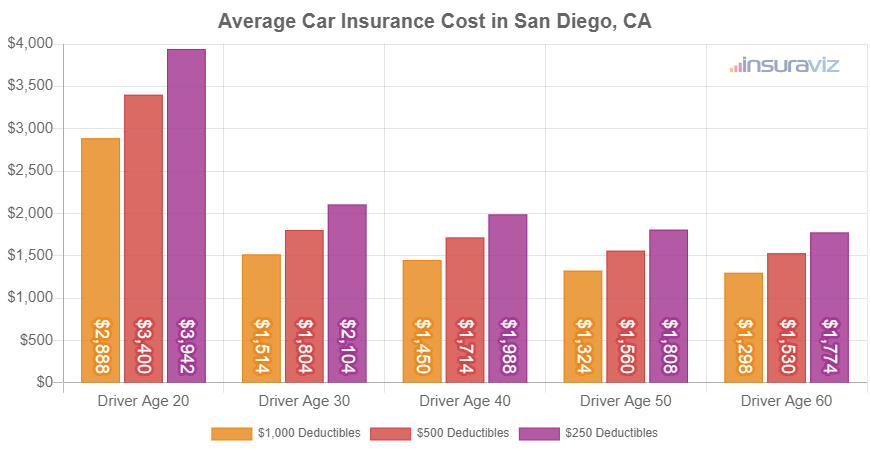
Having an RV requires RV insurance. This insurance is required by law and protects your investment. This insurance is expensive, but it is worth the effort to find a policy that fits your needs. RV insurance is basically an amalgamation of homeowners insurance and auto insurance. It's not possible to get the same coverage as a regular automobile insurance policy. However, it's worthwhile to have some protection in place for any damage to your RV.
The Class A and the B Classes
There are many kinds of insurance for campers. The coverage required for RVs of Class A or B is different. Price of a policy is dependent on many factors. While liability coverage is required by the state, you can choose from other types of coverage.
Class C
Campers insurance is required in all 50 states and some Canadian provinces. You should understand the specific requirements for insurance coverage in each state before purchasing a policy. The cost of RV insurance is usually less than a typical car insurance premium, but the amount you pay depends on the type of RV you own.

Class D
There are many factors to consider when you're looking for campers insurance that covers Class D RVs. These factors will influence the cost of your coverage. The type of RV you have will affect the price. A Class A motorhome costs more than one of its Class D counterparts because it contains more electrical or motorized components. The driver's driving record and insurance coverage will also affect the cost of insurance. Premiums will be lower for people with good driving records.
Class E
Campers insurance for Class E RVs comes with a few different levels of protection. The most basic level covers only the cash value of your vehicle. Depreciation is also included. This coverage level has the lowest premiums, but provides the least coverage.
Class H RVs
Campers insurance should be purchased when you buy or rent an RV. You can either purchase this insurance directly from the rental company, or through a third-party insurance provider. Rental insurance is typically not covered by credit cards that offer primary insurance. It is therefore important to think about this when purchasing or renting an RV. Additionally, there are different insurance requirements for different classes of RVs.
Class I
The insurance coverage you have is an essential part of RV ownership. Costs of insurance are affected by many factors including the level of crime and density in your state. Shop around to get the best rates. Many providers offer discounts if you have multiple policies. Bundling your RV insurance with renters insurance policies or life insurance policies could result in a discount. Bundling your policy reduces the stress associated with dealing directly with each company.

Class IX
If you plan on using your motor home as your primary residence then Campers insurance will be required. This policy will cover your motorhome in case it is stolen, damaged, or destroyed. Additional coverage can be purchased to protect any structures attached to your RV.